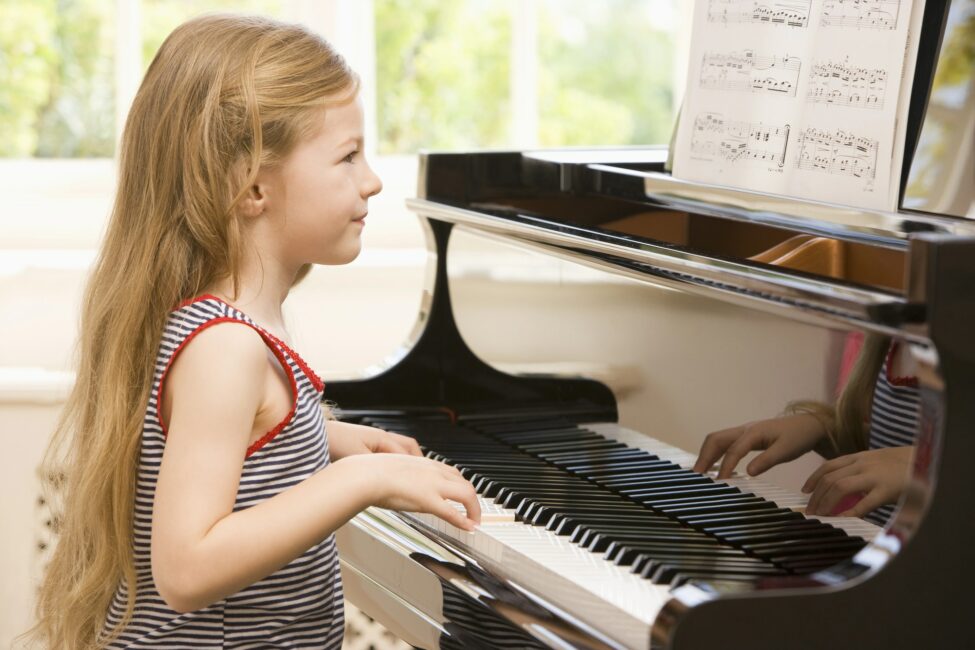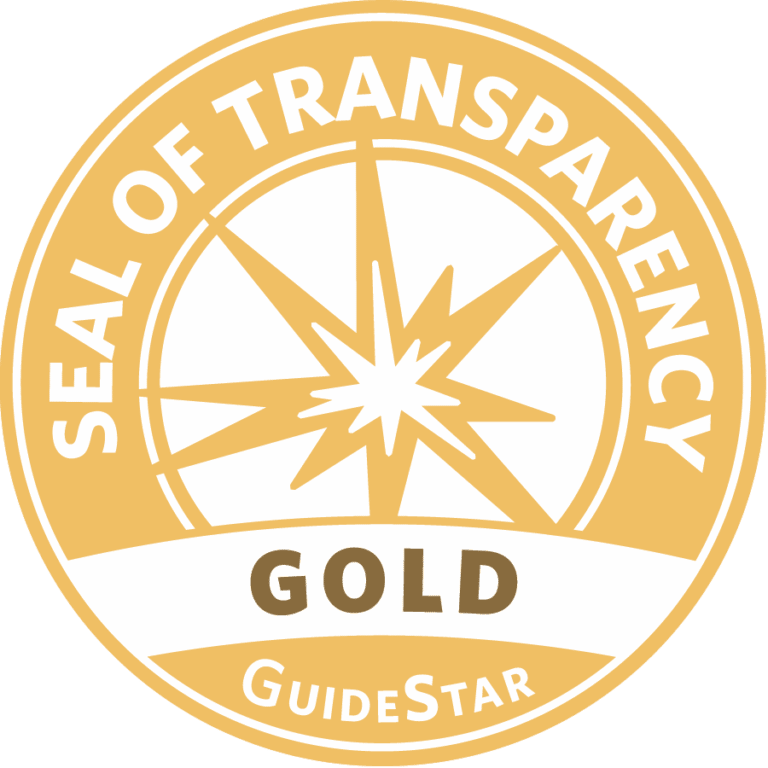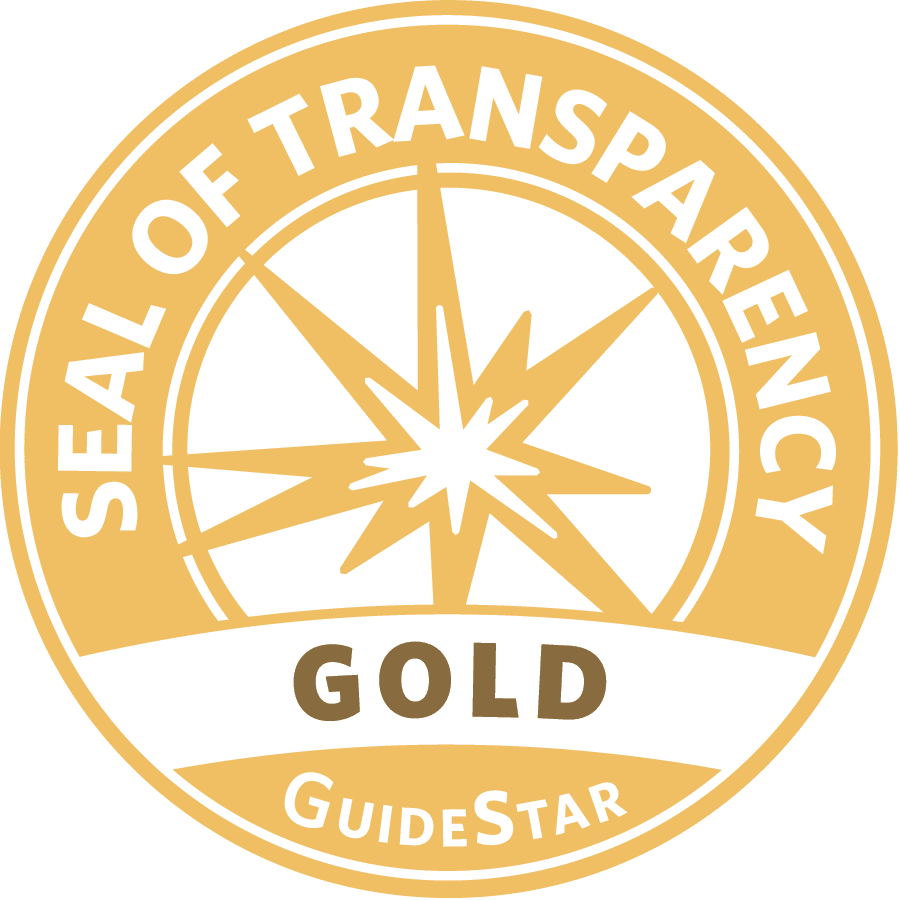
12 Feb, 2024 TEEN PERSPECTIVE: Why your child should learn to play an INSTRUMENT
Opinion/Resources/Teen Perspective
By Teen Opinion Contributor Maggie Verdught
Photo: Deposit
About 6 years ago, I began my journey with music. I started having weekly piano lessons with my teacher (whom I still take lessons from today!), and my attitude toward learning was one of excitement and curiosity. Somewhere along the way, about two years into lessons, I wanted to quit.
“I hate piano! I don’t want to go!” I would complain to my mom, who eventually told me that I needed to stick it out for another year before I decided to be done. That year passed, and I decided not to quit. (Thanks, Mom!) In fact, I fell in love with music in a new way. I competed in piano competitions, and started playing clarinet as a second instrument. However, piano still has my heart, and I plan to only stop taking lessons upon my high school graduation.
Why am I sharing this with you? Well, because I believe in the power of music in a child’s life. I also know firsthand how it can profoundly impact one’s development in many ways. I’ve spoken to my mom about this topic and asked her what compelled her to get us (my siblings and me) involved in music. She gave me three main reasons, and those reasons are the basis for which I make my claim in this article. I’d like to share those reasons, and also include some things I’ve learned from researching the great benefits of music education.
Intellectual Benefits of Music Education
There are an abundance of physical and psychological benefits in music education. According to the Kaufman Music Center, learning music improves your cognitive abilities, memory, language development, speech perception, motor skills and more! It makes sense, doesn’t it? Learning how to read, play and write music is basically learning another language. It is a lot less complex in some ways than learning a verbal language, but nonetheless, it is something that requires study, time, and practice to understand and appreciate it.
Research has shown that there is a strong correlation and connection between music education and language and listening skills, as well as brain development and functionality. Children whose environments are shaped by music instruction have more neuroplasticity, which contributes to stronger learning abilities because of those adaptations. What I found while researching this was fascinating, and there are many sources out there that share interesting information about this topic. I would highly recommend looking into more of these intellectual benefits from music education for yourself.
Relational and Social Benefits of Music Education
The relational and social benefits of music are not talked about enough; however, I believe these specific benefits are very influential and important in one’s life. In my own life, I know that I have become a stronger public speaker and conversationalist because of music. Recitals, performances, and all that comes with that— it has made me a better person. I have seen naturally shy, timid students emerge more confidently after being in my teacher’s piano studio for a while. That is not to say that it is always easy to go out there and perform in front of others, but it does get easier. And I know that your child would greatly benefit from those experiences to become a more well-rounded individual.
Another aspect of that social appeal to music education is the community. When you involve your children in a music program, or studio, or lessons of some kind, there is often a community of people that you can get to know and connect with from that. Your kids will have the opportunity to build relationships with other young musicians, and even possibly develop some lasting friendships. Ultimately, their social well-being is enhanced by the experience of getting to know, and make music with others.
Emotional and Spiritual Benefits of Music Education
The last big reason to get your kids into music is because of the emotional and spiritual benefits. Remember that pandemic we went through because of the coronavirus? Yep, that was rough. There are a lot of studies and information still coming out about the effects of isolation during that time, especially regarding children. I’m mentioning this because music helped me a great deal when the pandemic was happening and everything was shut down. You’ve probably heard of music therapy before. I believe there is a therapeutic nature to playing and enjoying music-making. Music is a great way to wind down after a long, exhausting day; you can just play, soaking in the sounds and melodies that you hear. It’s extremely gratifying, and has helped me get through emotionally difficult times. Sometimes after a long day at school, I sit down at the piano and play long, beautiful pieces to unwind. I can certainly attest to the fact that a child’s emotional well-being is strengthened by learning and playing music.
By getting your child involved in music, you also could be prompting a lifelong passion and service opportunity for them to glorify God with. Making music is not the only way in which you can worship, but it is a significant one. There’s something special and amazing about a congregation (or an individual!) worshiping the Lord through song. Psalm 98:4-7 declares this truth; here is verse 4: “Make a joyful noise to the Lord, all the earth; break forth into joyous song and sing praises!” Your child may not grow up to become a worship pastor someday, but giving them the gift of music education provides them with the opportunity to praise God through music. Additionally, it’s a special way that they can grow their relationship with God, and learn to appreciate music more.
I hope that this information, combined with my unique perspective on the topic, has piqued your interest and inspired you to get your children into music. No matter what you decide on when it comes to your kids’ activities and extracurriculars, remember that it should all be done to the glory of God— That is the most important thing of all.
Recommended resources from the author:
***
The opinions in this article are specific to its author, and do not necessarily reflect the opinions of the entire Counter Culture Mom team.
*
Maggie VerDught is a high school student who enjoys learning about culture, news, and politics.
She is passionate about sharing the truth, especially with her generation. Maggie loves to run, read, and write poetry in her spare time.
Download Our New Counter Culture Mom App to get our trending news and pop culture alert notifications. Connect with other parents in the Parent Chat section to gain helpful ideas on how to counteract the Pop Culture Cult!
Be sure to contact us if there is an issue you would like to have us write about! Our mission is to help parents deal with today’s lifestyle trends and how to biblically navigate them.





Cheryl
Posted at 06:53h, 22 FebruaryThank you for this insightful and positive discussion on the benefits of making music!!
Tina Marie Griffin
Posted at 15:23h, 22 FebruaryThank you for reading! 🙂